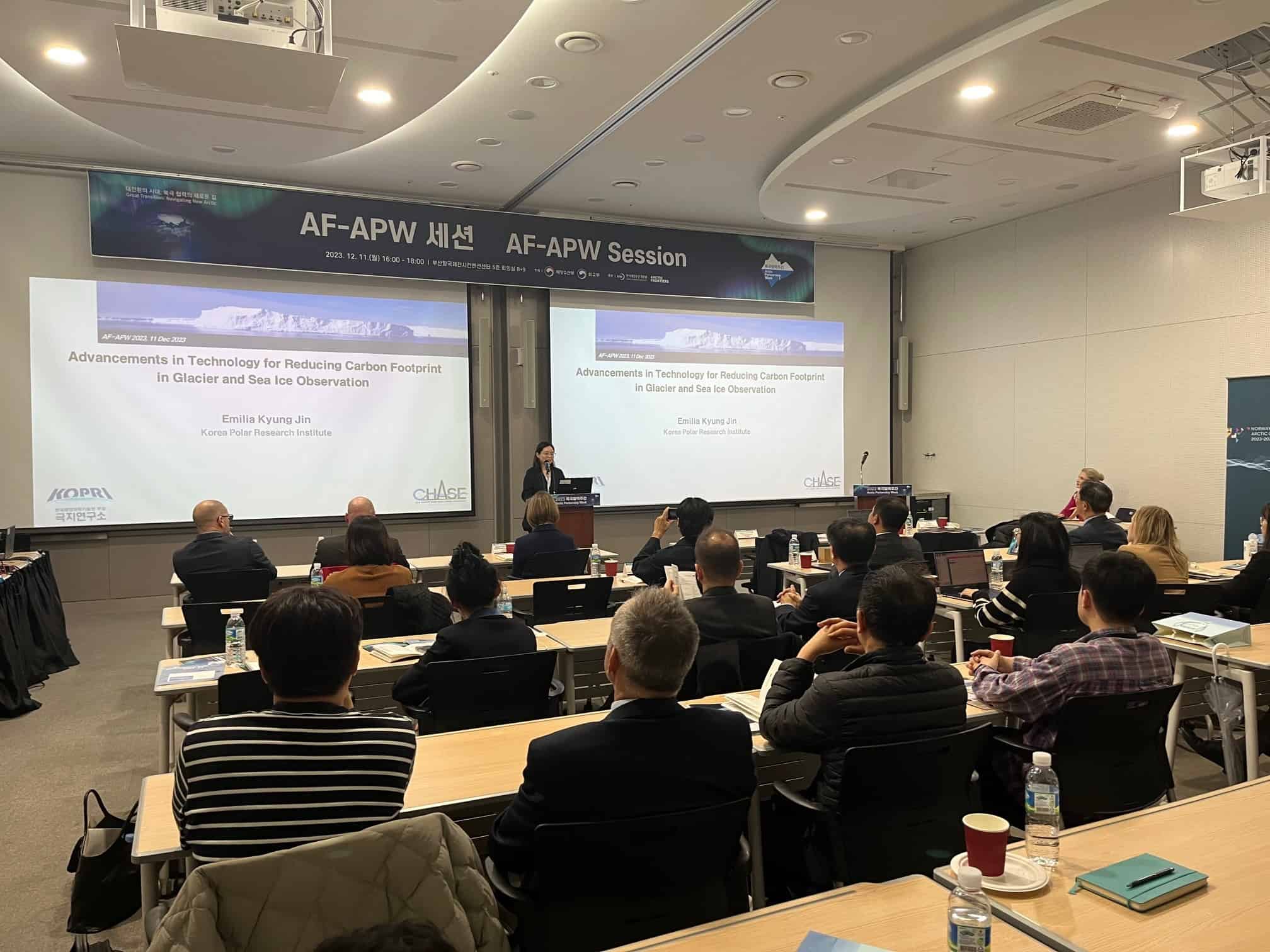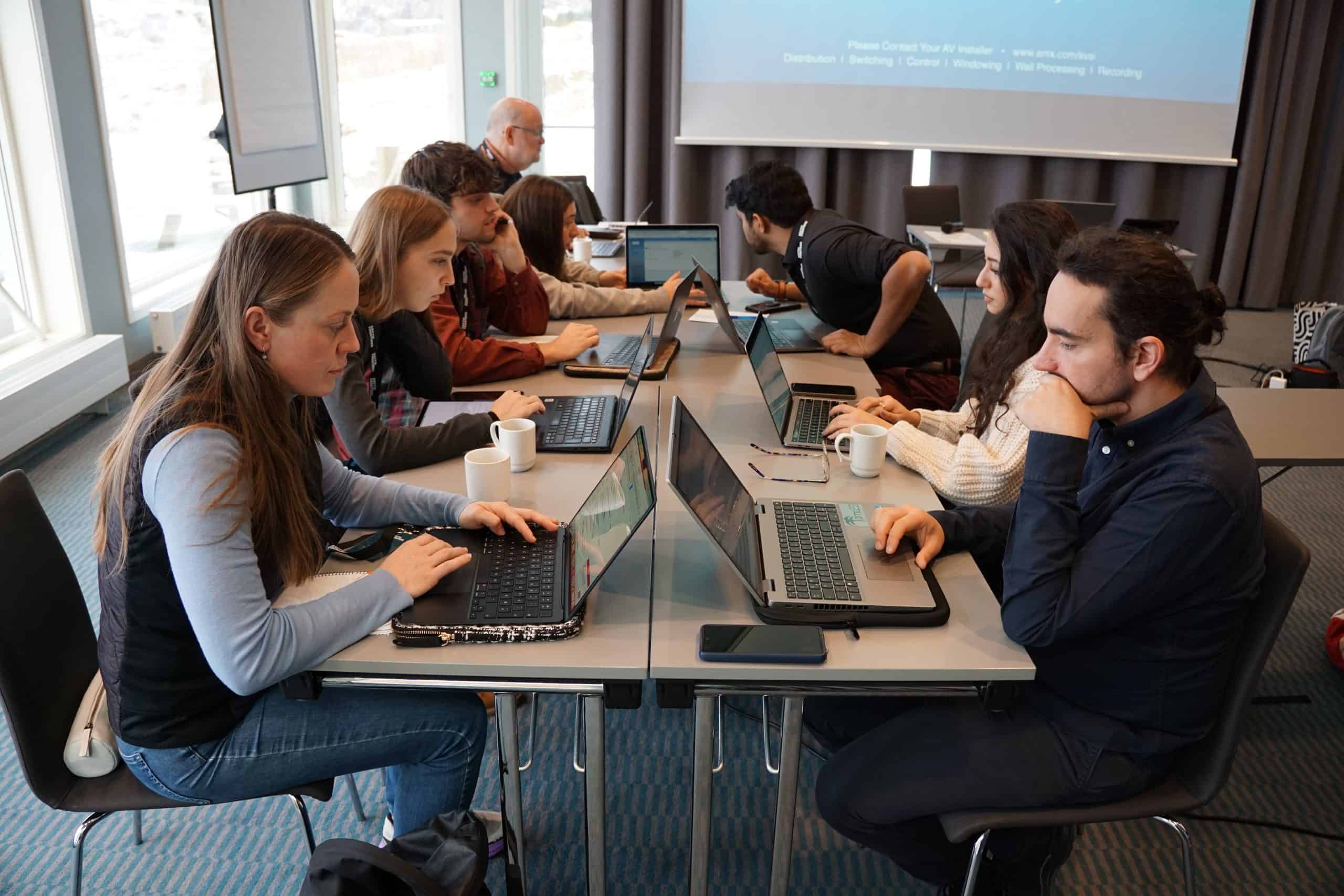Register
Join us in exploring the challenges and opportunities in the Arctic region – secure your spot at Arctic Frontiers today!
Tentative
Program
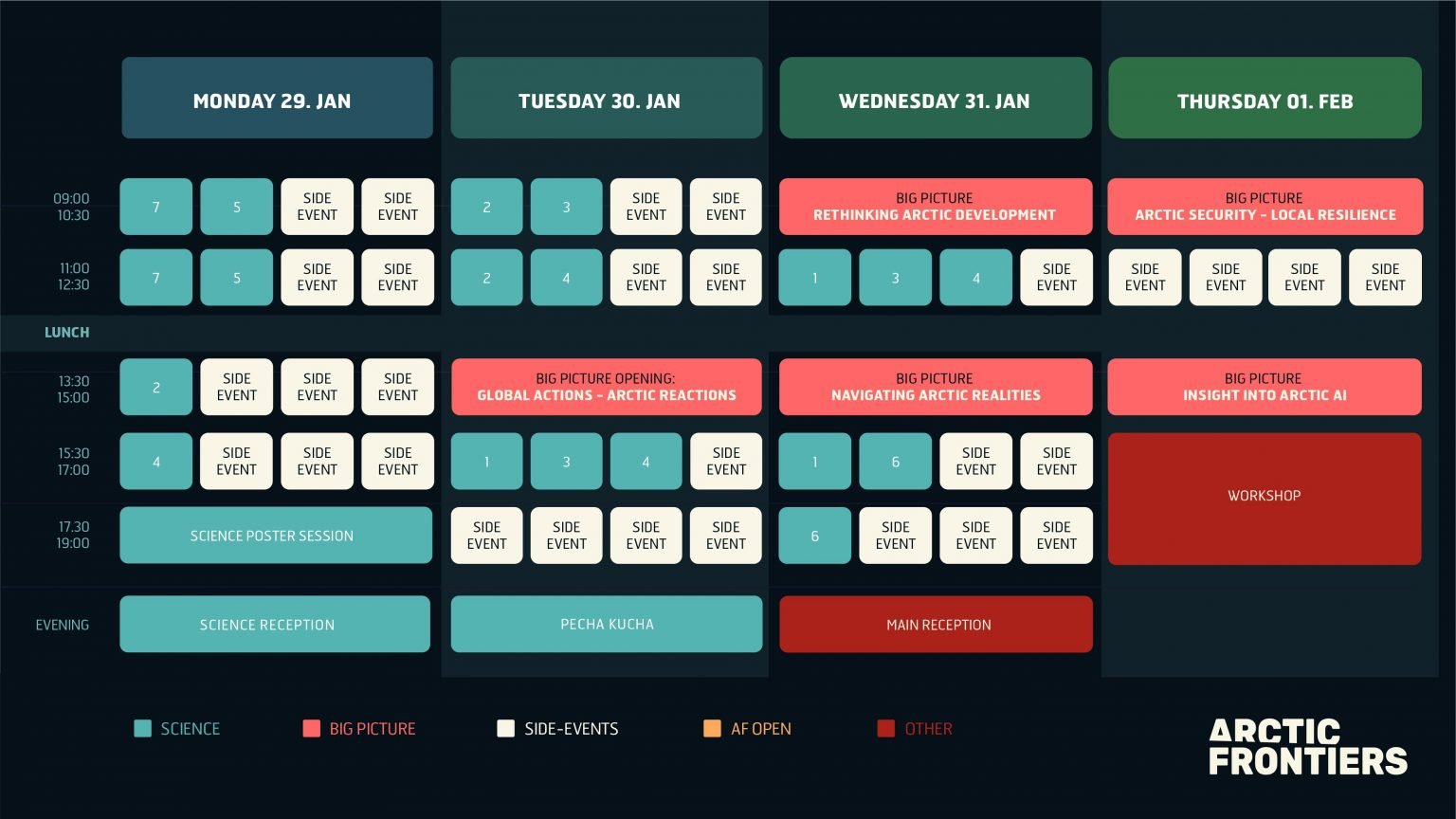
Want to volunteer?
We’re looking for enthusiastic and dedicated individuals to join our team and help make our conference a success
All volunteers will receive a reply by 1 December 2023.
2024 Big Picture Sessions
From geopolitics and green transition to local impacts and Indigenous initiatives, all have impacts in the pan-Arctic region that demand proactive responses and long-term strategies
Discover the themes and topics of our panel sessions for Arctic Frontiers 2024.
Science
PROGRAM
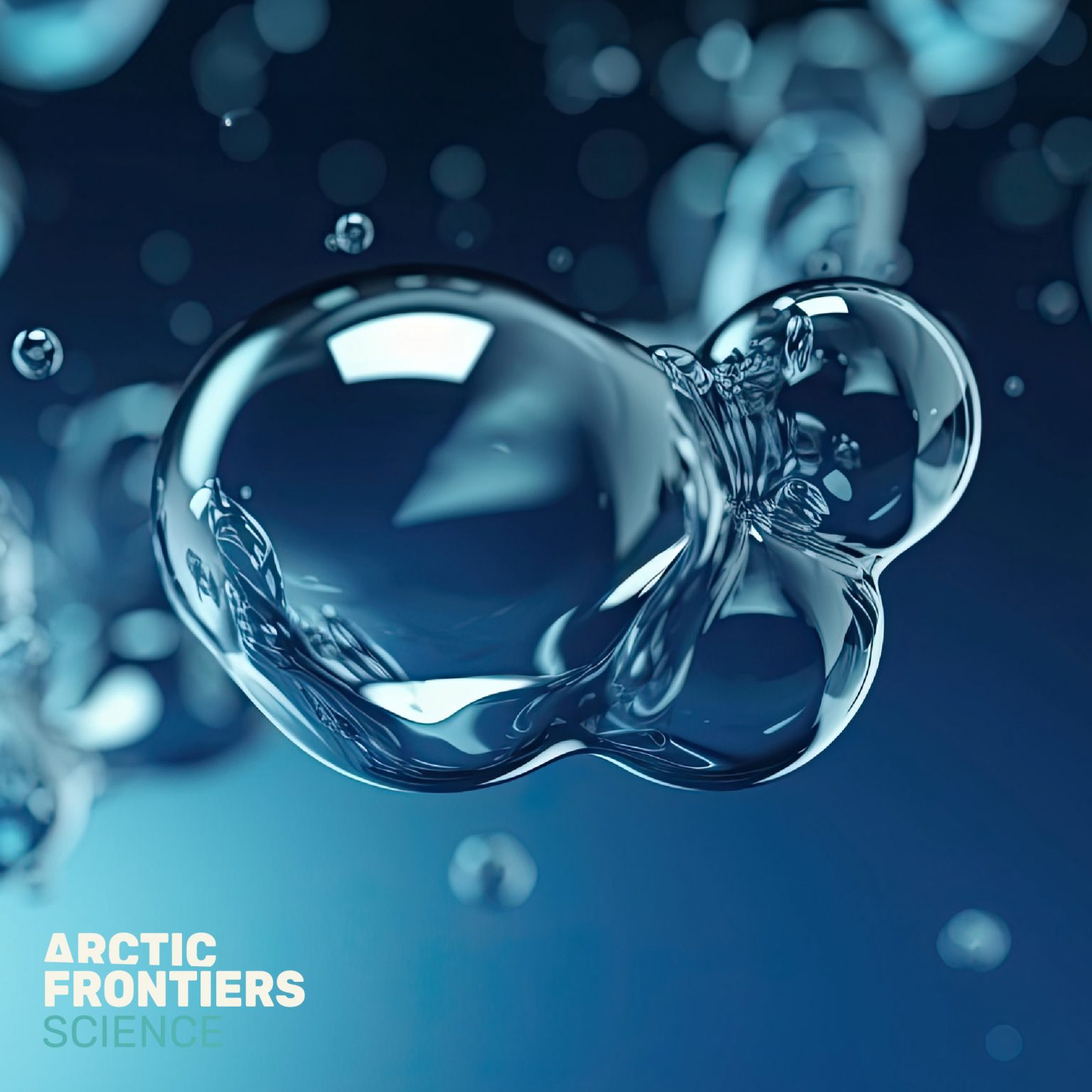
Innovations for Sustainable Maritime Development
The Arctic’s most sensitive climate indicator is the sea ice cover, and while older ice is disappearing, even conservative forecasts show residual patches remaining at the end of summer. This is the greatest hazard to maritime activity in the Arctic.
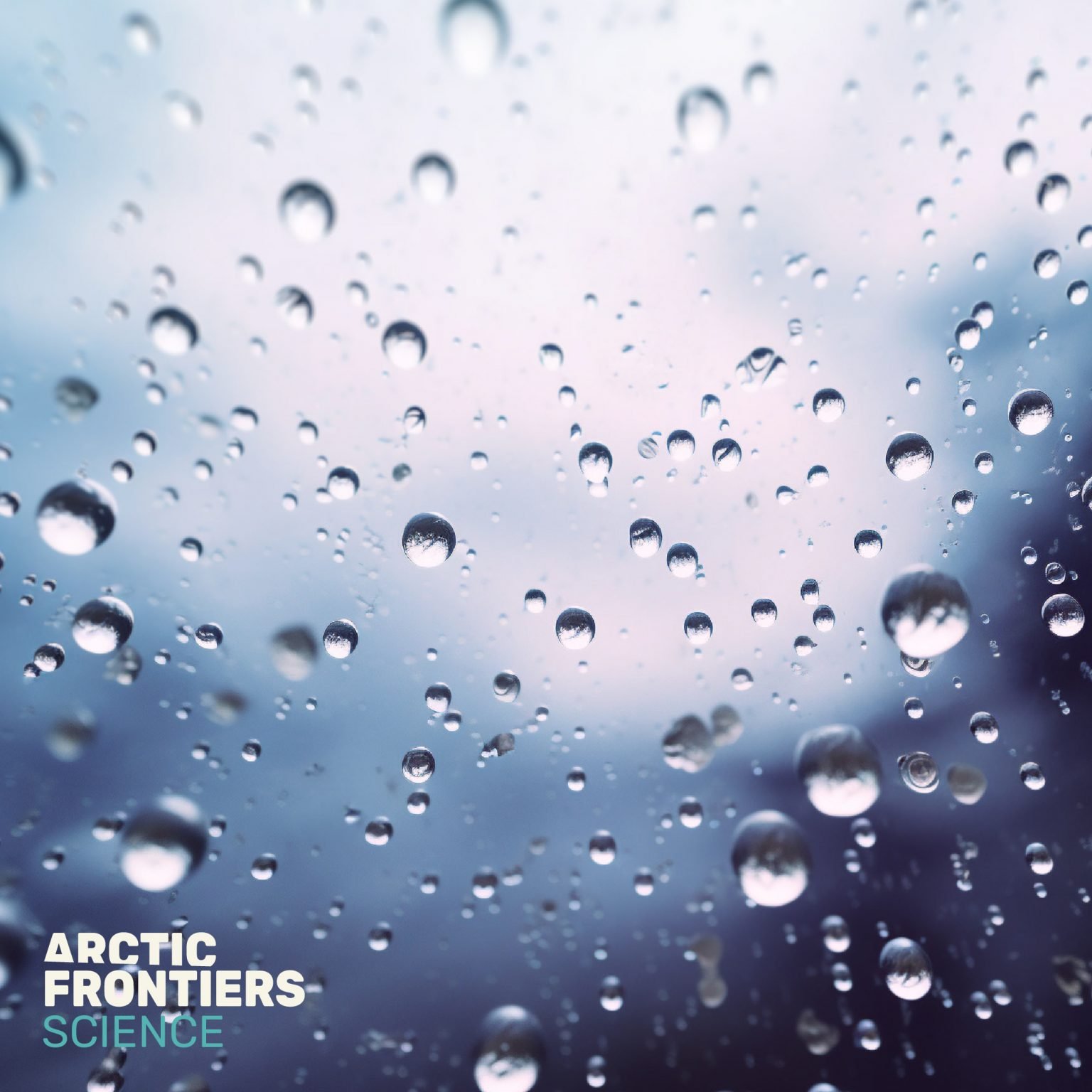
Observing Arctic Ice-Ocean-Atmosphere Interactions
The Arctic ocean, sea ice and atmosphere are intricately linked with each other, and to other processes in the Arctic. In order for decision makers to prepare sufficient actions for climate change adaptation and mitigation, it is crucial to quantify how climate change is developing.
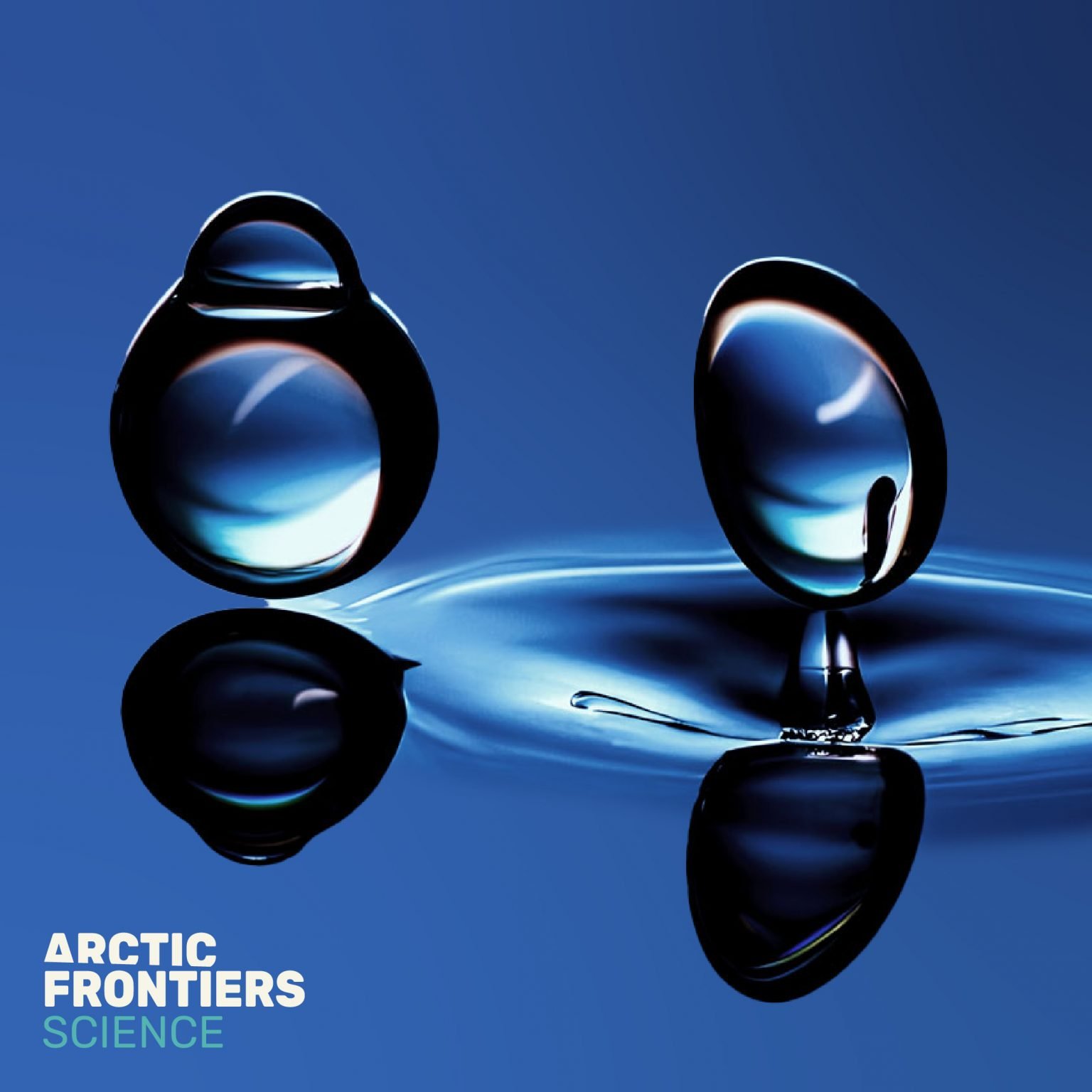
Empowering the Arctic Locals
There is an ongoing debate regarding the potential of citizen participation and co-creation in climate mitigation and green transition strategies, both in industry and the public sector. Involvement of citizens in decision-making and planning is an important part of democracy, but we must understand how they work and why they can fail, particularly in the Arctic.
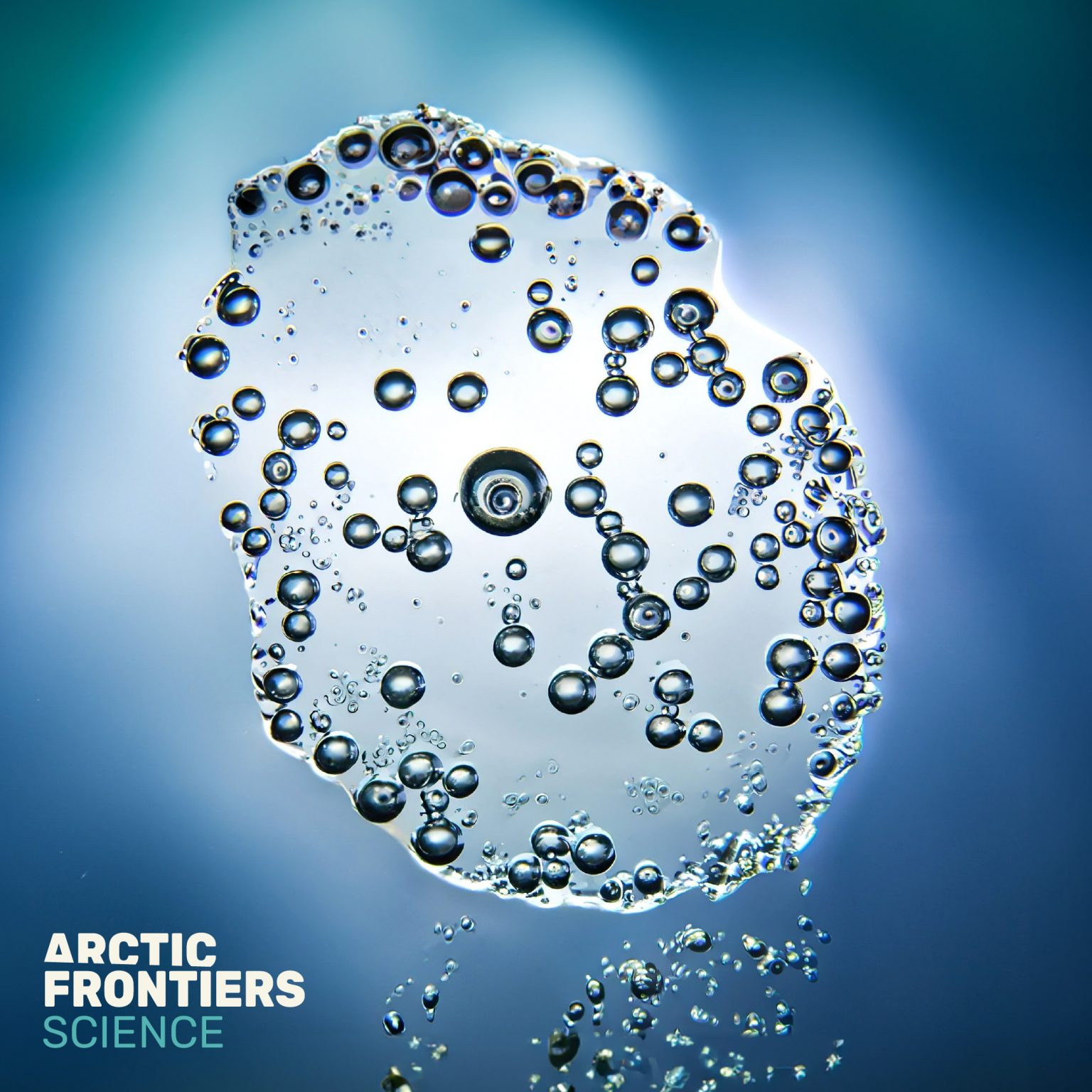
Healthy Marine Arctic Ecosystems
Ecosystem health is a concept for the management of natural resources, which integrates natural conditions and anthropogenic activities. Sustainable development of the Arctic coasts and oceans creates multiple pressures on the ecosystem and requires new adaptive management tools and strategies.
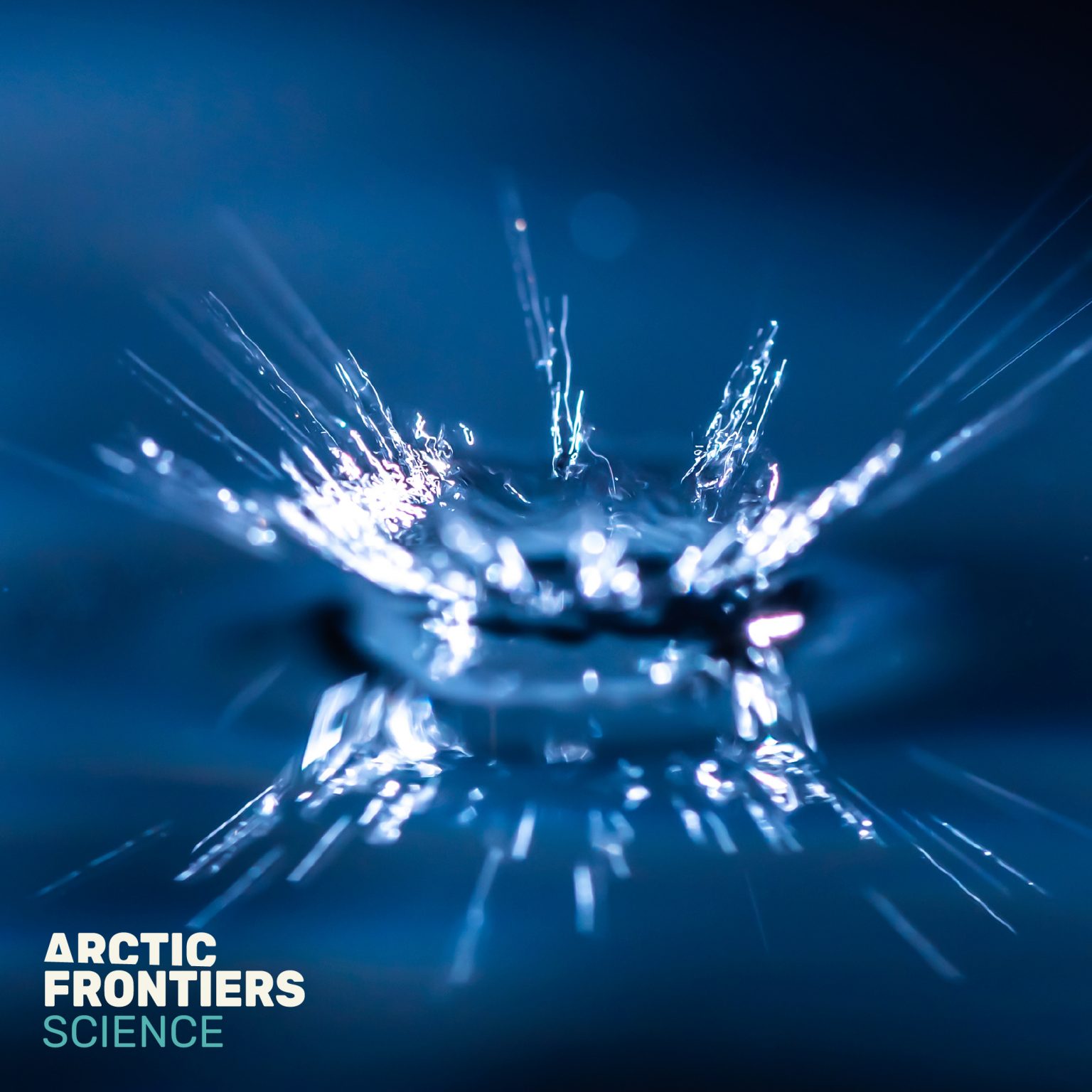
Healthy Cities - Smart Energies
Energy security, the cost of energy, and the access to renewable forms of energy affect people’s livelihood and cultural values. Energy sources can also affect our health and wellbeing and the climate. There is a need to assess renewable energy resources and their impacts on the health and wellbeing of the people, the built and the natural environments.
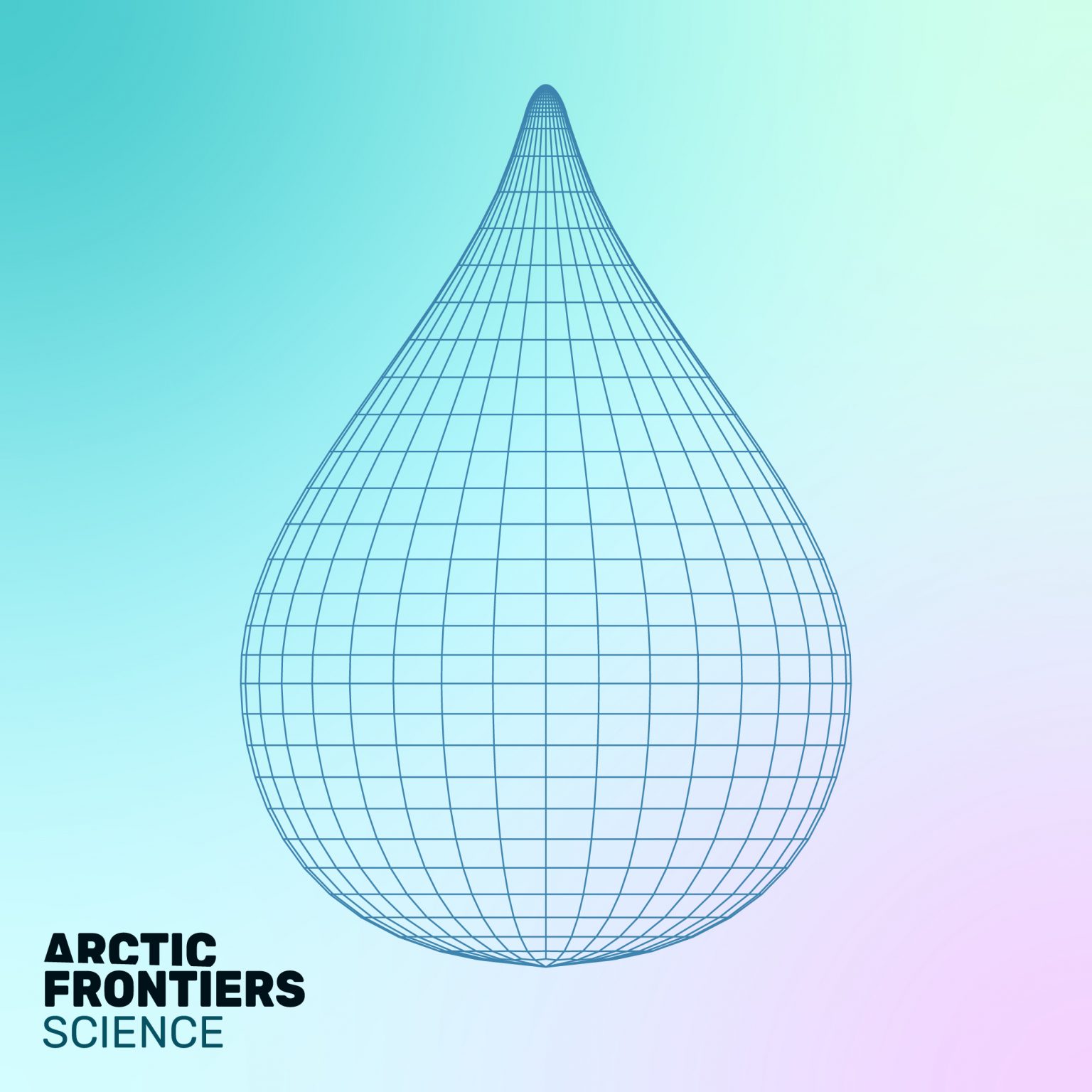
Digital Twin and AI of the Arctic
A Digital Twin of the Arctic can provide consistent, high resolution, and near real-time description of climate change in the Arctic. This will provide an entirely new platform for designing the most effective ways to restore and protect the Arctic while also taking advantage of green and blue development opportunities.
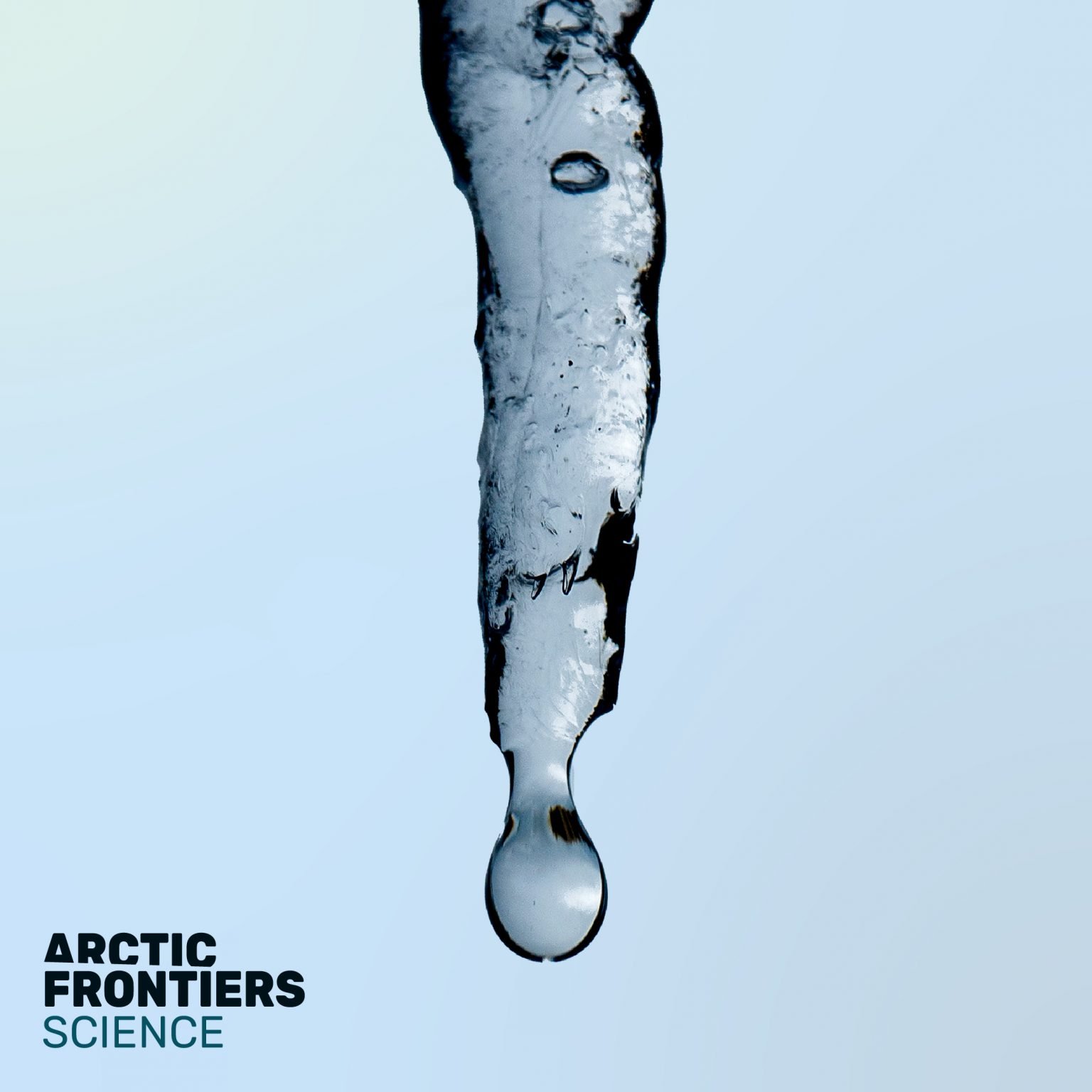
Fjord and Glacier Interactions
Almost all glaciers in the Arctic and sub-Arctic areas are retreating, and the impacts of this on coasts have only recently emerged. As fjords and coastal waters are amongst the most productive in the Arctic, this has important management implications.
